Home>Fans, Heaters & Lighting>What Uses More Electricity: A Space Heater Or Central Heat?
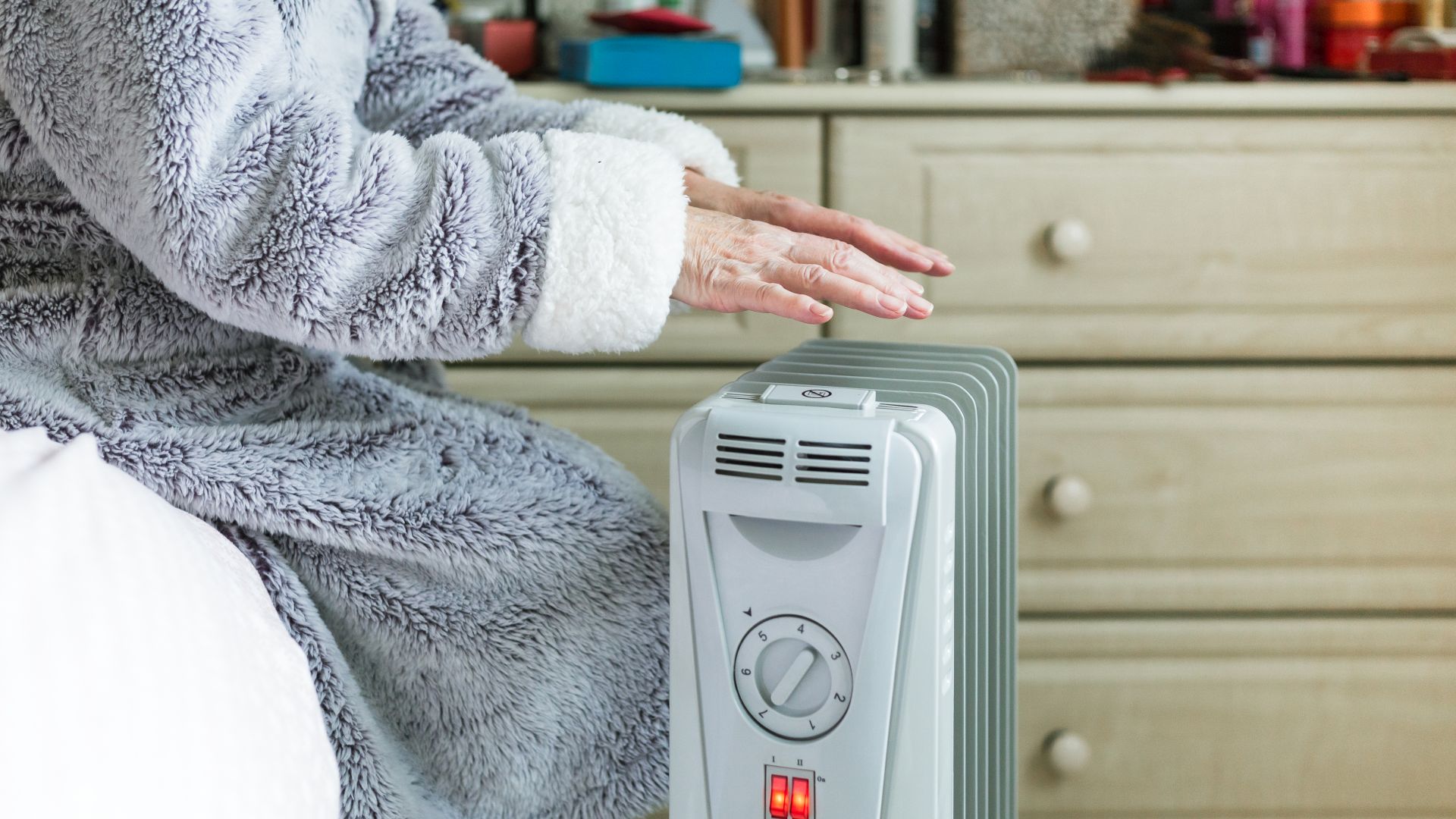

Fans, Heaters & Lighting
What Uses More Electricity: A Space Heater Or Central Heat?
Modified: January 19, 2024
Find out which uses more electricity, a space heater or central heat, by reading our informative articles on energy consumption and heating options.
(Many of the links in this article redirect to a specific reviewed product. Your purchase of these products through affiliate links helps to generate commission for Storables.com, at no extra cost. Learn more)
Introduction
When it comes to heating our homes, one of the main concerns we have is the amount of electricity it consumes. With the rising energy costs and the growing importance of environmental sustainability, it is essential to understand the electricity usage of different heating options. In this article, we will explore the electricity consumption of space heaters and central heating systems to determine which one uses more electricity.
Heating our homes during colder months is not only about comfort but also about maintaining a cozy and warm living environment. However, it is crucial to find a balance between comfort and energy efficiency to minimize electricity usage and reduce our carbon footprint. By understanding how space heaters and central heating systems work and exploring the factors that affect electricity consumption, we can make informed decisions about which heating option is better for our homes.
Key Takeaways:
- Space heaters consume more electricity than central heating systems due to their localized heating nature. However, central heating systems offer efficient heating for entire buildings, promoting sustainability and cost-effectiveness.
- Understanding factors such as insulation, energy-saving features, and personal habits can optimize electricity usage for both space heaters and central heating systems. Making informed decisions and utilizing energy-efficient options can create a sustainable and comfortable living environment.
Understanding Electricity Usage
Before diving into the topic of space heaters and central heating systems, it is important to have a basic understanding of electricity usage. When we use electrical appliances, such as heaters, they consume energy in the form of electricity. The unit used to measure electricity consumption is kilowatt-hours (kWh). This unit represents the amount of energy used over time, with one kilowatt-hour equivalent to using one kilowatt of power for one hour.
It is important to note that electricity usage can vary depending on the power rating and the duration of use. Appliances with higher wattage, or power rating, consume more electricity. Additionally, the longer an appliance is in use, the more electricity it will consume. This understanding is crucial when comparing the electricity usage of different heating options.
When it comes to space heaters and central heating systems, their electricity usage can differ significantly due to various factors. Space heaters are standalone devices that provide localized heating in a specific area, while central heating systems are integrated into the infrastructure of the entire building, providing heating to multiple rooms. Understanding how these heating options work will help us assess their electricity consumption more accurately.
How Space Heaters Work
Space heaters are portable heating devices that are designed to provide warmth in a small area or room. They typically use electricity as their power source and are known for their convenience and flexibility. Space heaters work by converting electrical energy into heat and then dispersing that heat into the surrounding area.
Most space heaters contain heating elements, such as ceramic coils or metal resistive coils, that warm up when electricity flows through them. These heating elements generate heat, which is then transferred to the air surrounding the heater. Some space heaters also incorporate a fan to distribute the heated air more efficiently.
One of the advantages of space heaters is their ability to provide instant heat. Unlike central heating systems that take some time to warm up an entire house, space heaters can quickly heat up a specific room, allowing users to have control over the individual areas they want to heat. This targeted heating can help reduce overall electricity consumption if users only heat the rooms they are currently occupying.
However, it’s important to note that space heaters have a limited coverage area and are more suitable for small spaces or for personal use. They may not be efficient for heating larger areas or multiple rooms. Additionally, space heaters can pose safety risks if not used properly. It is essential to follow the manufacturer’s guidelines and ensure proper ventilation to prevent overheating or fire hazards.
How Central Heating Systems Work
Central heating systems are sophisticated heating setups that are commonly found in residential and commercial buildings. Unlike space heaters, which provide localized heat, central heating systems distribute heat throughout an entire building, ensuring consistent warmth in all rooms. They work by utilizing a network of heating sources, distribution pipes, and controls to regulate the indoor temperature.
The most common type of central heating system is a forced-air system. In this system, a furnace or boiler is used as the heating source. The furnace burns fuel, such as natural gas, oil, or propane, to generate heat. The heat is then transferred to the air through a heat exchanger. A blower fan then distributes the heated air through a network of ducts and vents, delivering warmth to different rooms.
Another type of central heating system is a radiant heating system. Instead of using air as the medium to transfer heat, radiant systems utilize radiant energy. This is achieved by installing underfloor heating pipes or panels in the walls or ceilings. The heated surfaces then radiate heat directly to the objects and people in the room, providing a more comfortable and efficient heating experience.
Central heating systems offer several advantages over space heaters. Firstly, they can heat an entire building, making them suitable for large-scale applications. They also provide a uniform temperature throughout the building, ensuring consistent comfort in all rooms. Central heating systems can also be more energy-efficient in the long run, especially when combined with programmable thermostats to optimize temperature settings based on occupancy.
However, central heating systems have a higher upfront cost compared to space heaters, as they require installation and potentially ductwork modification. Additionally, they may take longer to heat up a space compared to space heaters, which provide instant heat. Nevertheless, central heating systems offer a more comprehensive and efficient heating solution for larger buildings or when consistent heating is required.
Factors Affecting Electricity Consumption
Multiple factors can influence the electricity consumption of both space heaters and central heating systems. Understanding these factors will provide insight into the variations in electricity usage between the two options.
The first factor is the size and insulation of the space being heated. Smaller rooms require less energy to heat compared to larger spaces. Well-insulated rooms retain heat more effectively, reducing the need for continuous heating and lowering electricity consumption.
Another factor is the desired temperature. Setting a higher temperature on a thermostat will require more energy to reach and maintain that temperature. It’s essential to use thermostats and temperature controls efficiently to optimize energy usage without compromising comfort.
The heating duration is also a significant factor. For space heaters, using them for extended periods can significantly increase electricity consumption. On the other hand, central heating systems typically have a thermostat that regulates the on and off cycling of the heating source, providing heat only as needed and improving energy efficiency.
The efficiency of the heating equipment is a vital consideration. Space heaters come in various types, some of which have better energy efficiency ratings than others. Look for space heaters with energy-saving features, such as programmable timers or thermostats, to minimize electricity consumption.
In central heating systems, the efficiency of the furnace or boiler is crucial. Higher efficiency units convert a greater percentage of fuel into heat, resulting in lower energy consumption. Regular maintenance, including cleaning and tuning of the heating equipment, is necessary to ensure optimal efficiency and minimize electricity usage.
Lastly, personal habits and preferences play a role in electricity consumption. For example, individuals who prefer to wear warmer clothing indoors may set lower temperatures on their heating systems, reducing overall energy usage.
By considering these factors and taking steps to optimize energy usage, we can minimize the electricity consumption of both space heaters and central heating systems and create a more sustainable and cost-effective heating solution for our homes.
Using a space heater generally uses more electricity than central heating. Central heating systems are designed to heat the entire home efficiently, while space heaters are only meant to heat a small area and can be less energy-efficient.
Read more: How To Use Central Heating
Energy Efficiency of Space Heaters
When it comes to evaluating the energy efficiency of space heaters, it’s important to consider several aspects. These include the type of heating technology, the power rating of the heater, and any additional features designed to enhance energy efficiency.
One of the factors that can influence energy efficiency is the type of heating technology used in the space heater. Some common types include ceramic heaters, oil-filled radiators, and infrared heaters. Ceramic heaters are known for their quick heat-up time and uniform heat distribution. Oil-filled radiators are designed to retain heat, providing gradual and consistent warmth. Infrared heaters emit heat that is absorbed by objects and people in the room, creating a localized heating effect. Each type of heater has its own energy efficiency rating, so it’s important to choose one that aligns with your needs.
The power rating of a space heater is another crucial aspect. The higher the wattage, the more electricity the heater will consume. It’s important to choose a heater with an appropriate power rating for the size of the room you’re trying to heat. Using a heater with excessive wattage for a small space can lead to unnecessary energy consumption.
Additional energy-saving features can also contribute to the overall energy efficiency of a space heater. These features may include programmable timers, adjustable thermostats, and eco settings. Programmable timers allow you to set specific periods for the heater to be active, reducing energy usage when heating is not necessary. Adjustable thermostats enable you to control the temperature and prevent overheating. Eco settings optimize energy usage by automatically adjusting the power output of the heater based on the current conditions.
Proper usage and placement of space heaters can also impact their energy efficiency. Avoid placing the heater near drafts or sources of cold air, as it may require more energy to maintain the desired temperature. Additionally, using a space heater to supplement the heating of a central heating system, rather than relying solely on the space heater, can help reduce overall energy consumption.
It’s worth noting that while space heaters offer convenience and localized heating, they are typically less energy efficient compared to central heating systems. They are best suited for small spaces, personal use, or adding supplemental heat to specific areas.
By considering the type of heating technology, power rating, energy-saving features, and proper usage, you can maximize the energy efficiency of your space heater and reduce electricity consumption. However, it’s important to remember that space heaters are most effective when used in conjunction with good insulation and efficient central heating systems when necessary.
Energy Efficiency of Central Heating Systems
Central heating systems offer a range of energy-efficient options compared to space heaters. These systems are designed to heat entire buildings efficiently while providing consistent warmth. Several factors contribute to the energy efficiency of central heating systems, including the type of heating equipment, proper insulation, and the use of programmable thermostats.
One of the key factors influencing the energy efficiency of central heating systems is the type of heating equipment used. High-efficiency furnaces and boilers are designed to extract more heat from the combustion of fuel compared to older, less efficient models. These newer models incorporate features such as condensing technology, which allows them to capture and utilize heat that would otherwise be lost.
Another significant aspect is the level of insulation in the building. Proper insulation helps to reduce heat loss, allowing the central heating system to operate more efficiently. Insulated walls, well-sealed windows and doors, and adequate insulation in attics and crawl spaces can all contribute to energy savings by minimizing heat transfer.
The use of programmable thermostats can also enhance the energy efficiency of central heating systems. These thermostats allow users to schedule temperature changes based on occupancy patterns, ensuring that heating is optimized when needed and minimized when the spaces are unoccupied. Some advanced models can even learn the occupants” behaviors and adjust the temperature settings accordingly.
Regular maintenance of the central heating system is essential to maintain its energy efficiency. Regularly cleaning or replacing furnace filters, inspecting and cleaning ductwork, and servicing the heating equipment can help ensure that the system operates optimally. A well-maintained system consumes less energy and reduces the likelihood of breakdowns or malfunctions.
Finally, using zoning systems in central heating setups can further enhance energy efficiency. Zoning allows for different areas or rooms in a building to be heated independently, avoiding heating spaces that are not in use. This targeted heating approach minimizes energy waste and ensures that only the necessary areas are being heated at any given time.
By investing in a high-efficiency central heating system, ensuring proper insulation, utilizing programmable thermostats, performing regular maintenance, and implementing zoning systems, you can maximize the energy efficiency of your central heating system. These strategies can help reduce electricity consumption, lower energy costs, and promote a sustainable and comfortable living environment.
Comparing Electricity Usage of Space Heaters and Central Heat
Now that we have explored the energy efficiency of both space heaters and central heating systems, let’s compare their electricity usage to determine which option consumes more energy.
Space heaters are known for their localized heating capabilities, providing warmth in specific areas or rooms. While they offer convenience and quick heat-up times, they tend to consume more electricity compared to central heating systems. Space heaters typically range from 500 to 1500 watts, depending on the model and power rating. If used continuously, a space heater can easily consume several kilowatt-hours of electricity per day.
On the other hand, central heating systems are designed to heat entire buildings and offer more efficient heating options. Modern high-efficiency central heating systems, such as those with condensing boilers or furnaces, can achieve energy efficiency ratings of 90% or higher. This means that only a small portion of the energy is wasted during the heating process. Combined with proper insulation, programmable thermostats, and zoning systems, central heating systems can significantly reduce overall electricity consumption compared to space heaters.
The electricity usage of central heating systems varies depending on factors such as the size of the building, insulation levels, and the desired temperature. However, studies have shown that efficient central heating systems consume less electricity compared to space heaters when heating an entire building. This is mainly because central heating systems distribute heat evenly throughout the entire space, taking advantage of the thermal mass and airflow to maintain a consistent temperature.
It’s important to note that the electricity consumption of both space heaters and central heating systems can be influenced by personal habits, usage patterns, and other factors such as climate conditions. Choosing energy-saving features, optimizing temperature settings, and using heating systems responsibly can further reduce electricity usage in both cases.
Ultimately, the decision between using space heaters or central heating systems depends on factors such as the size of the space to be heated, personal preferences, and the overall efficiency of your heating infrastructure. While space heaters provide convenient localized heating, they tend to consume more electricity. On the other hand, central heating systems, especially when designed with energy efficiency in mind, offer a more sustainable and cost-effective option for heating larger areas or multiple rooms.
Conclusion
When it comes to choosing between space heaters and central heating systems, understanding their electricity usage and energy efficiency is crucial. While space heaters offer convenience and quick heat-up times, they tend to consume more electricity compared to central heating systems. Central heating systems, on the other hand, provide efficient heating solutions for entire buildings, distributing heat evenly and effectively.
Factors such as the size of the space, insulation levels, desired temperature, and personal habits all contribute to the overall electricity consumption of heating systems. By considering these factors and implementing energy-saving features such as programmable thermostats and proper insulation, you can further optimize electricity usage and reduce energy costs.
In general, efficient central heating systems, when properly maintained and utilized, offer a more sustainable and cost-effective option for heating larger areas or multiple rooms. They provide consistent warmth throughout the entire building, promoting comfort and reducing energy waste.
However, space heaters still have their place, particularly for small spaces or supplemental heating. They are portable, allowing for targeted heating in specific areas and offering flexibility in usage.
Ultimately, the decision between space heaters and central heating systems depends on factors such as the size of the space, specific heating needs, and personal preferences. It’s important to consider energy efficiency ratings, power consumption, and overall comfort when making a choice.
Regardless of the heating option you choose, it is important to use them responsibly and optimize their usage to minimize electricity consumption and promote sustainability. Regular maintenance, proper insulation, and optimizing temperature settings are all key in reducing energy waste and lowering electricity costs.
By understanding the factors that affect electricity consumption, evaluating energy efficiency ratings, and considering individual heating needs, you can make an informed decision and create a comfortable, energy-efficient, and sustainable environment in your home.
Frequently Asked Questions about What Uses More Electricity: A Space Heater Or Central Heat?
Was this page helpful?
At Storables.com, we guarantee accurate and reliable information. Our content, validated by Expert Board Contributors, is crafted following stringent Editorial Policies. We're committed to providing you with well-researched, expert-backed insights for all your informational needs.
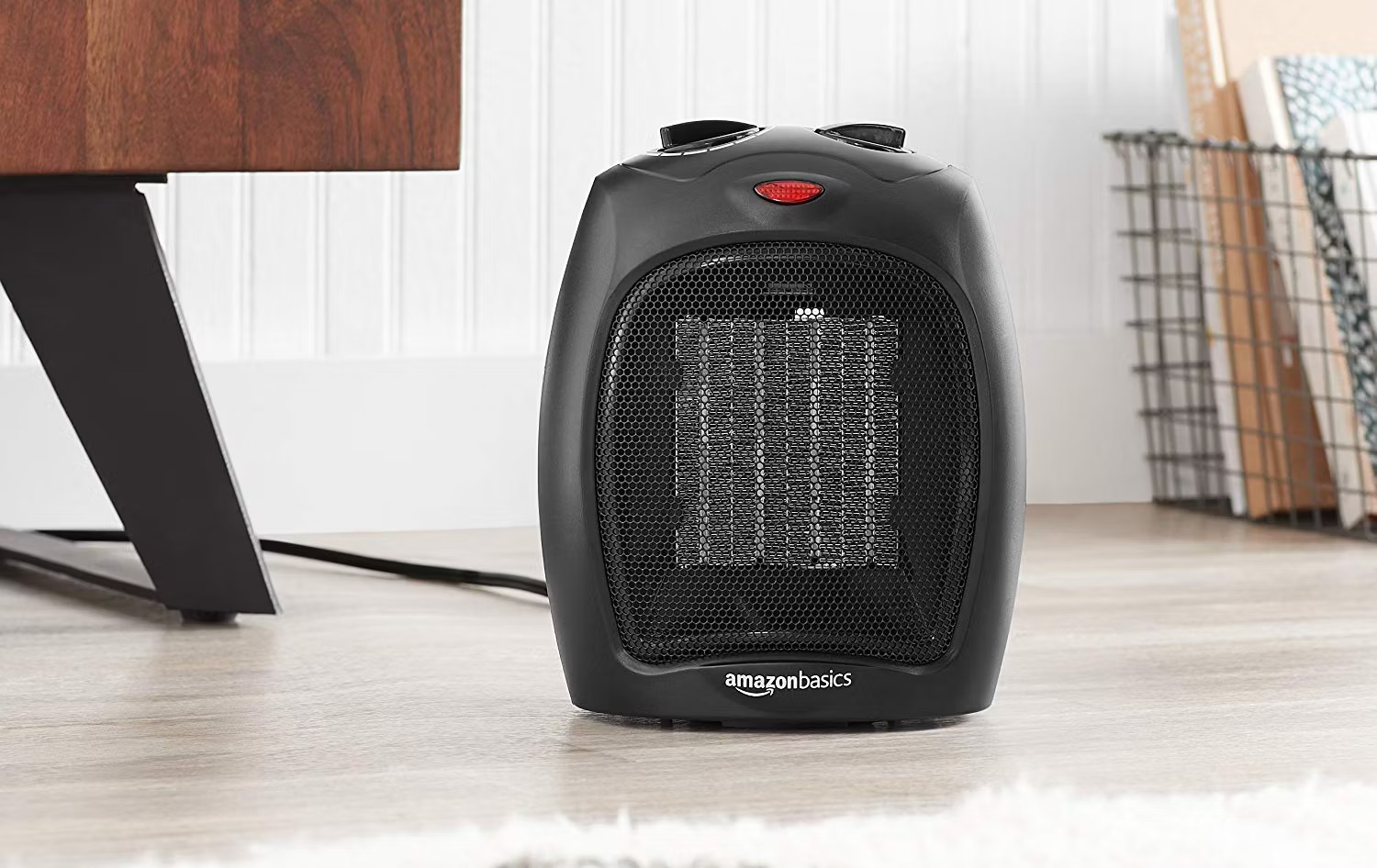

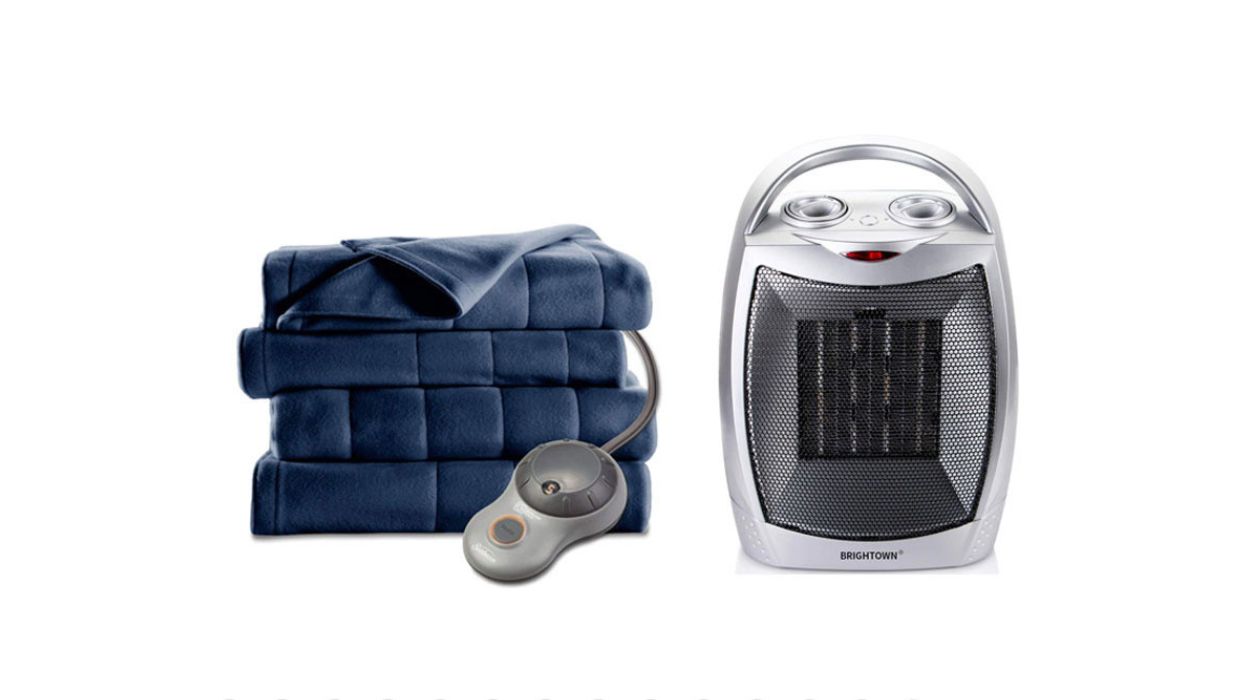
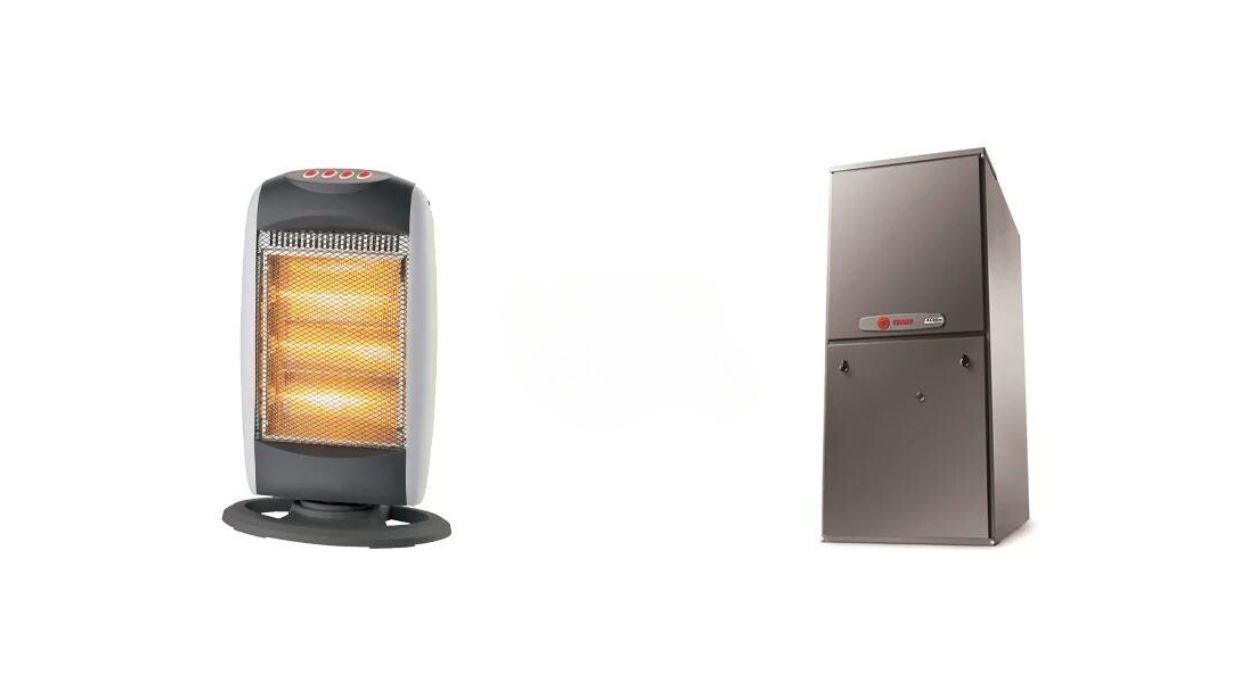
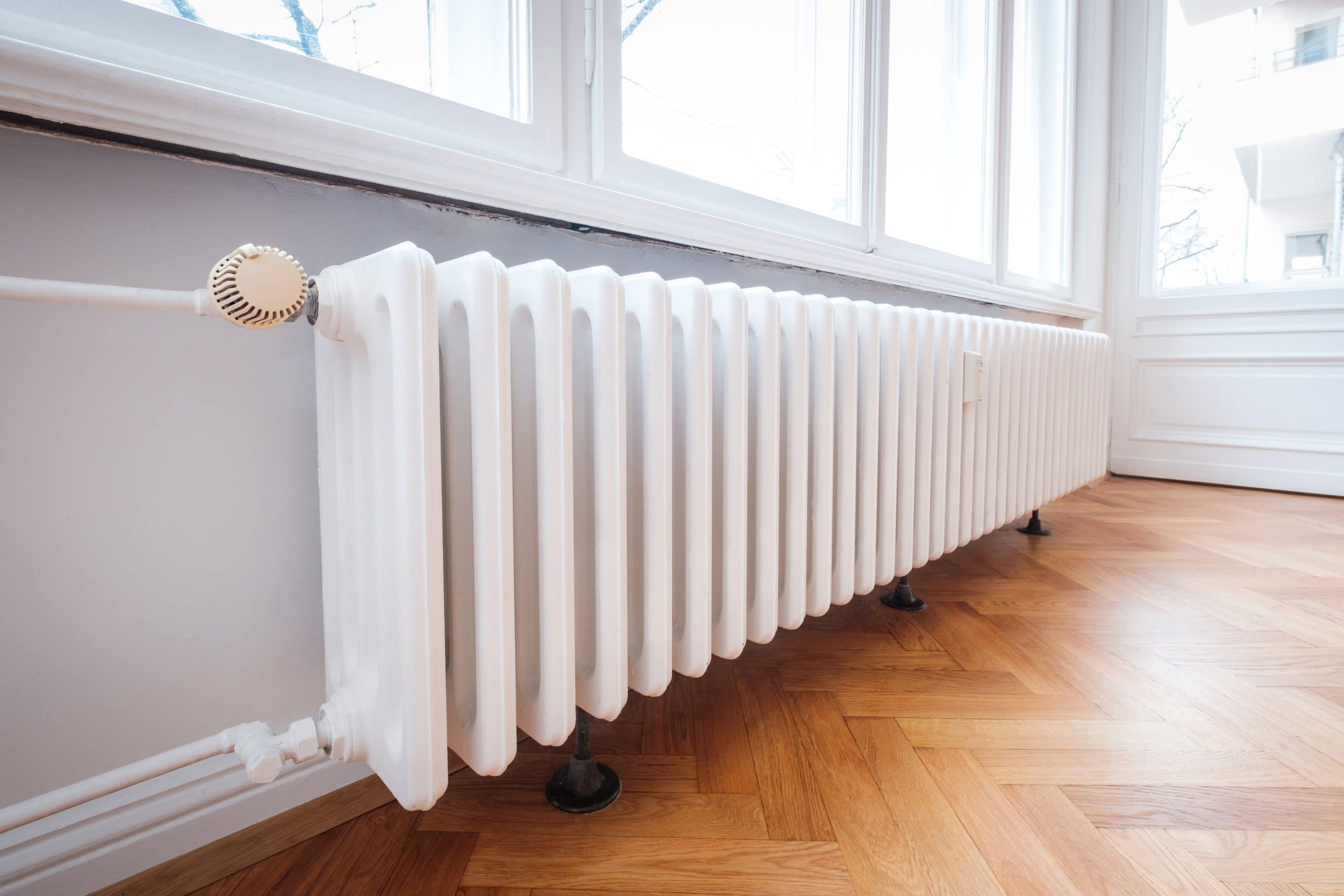
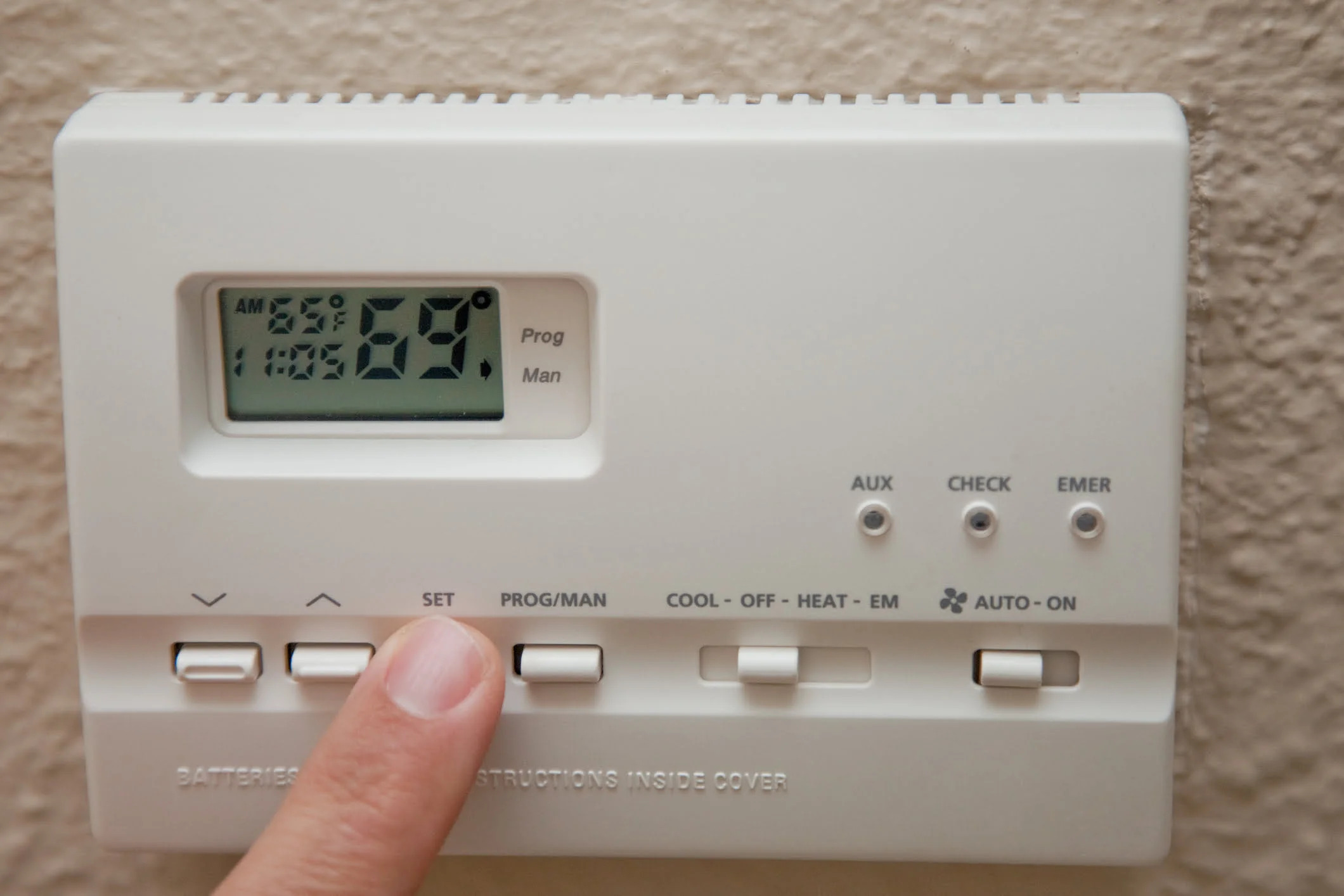
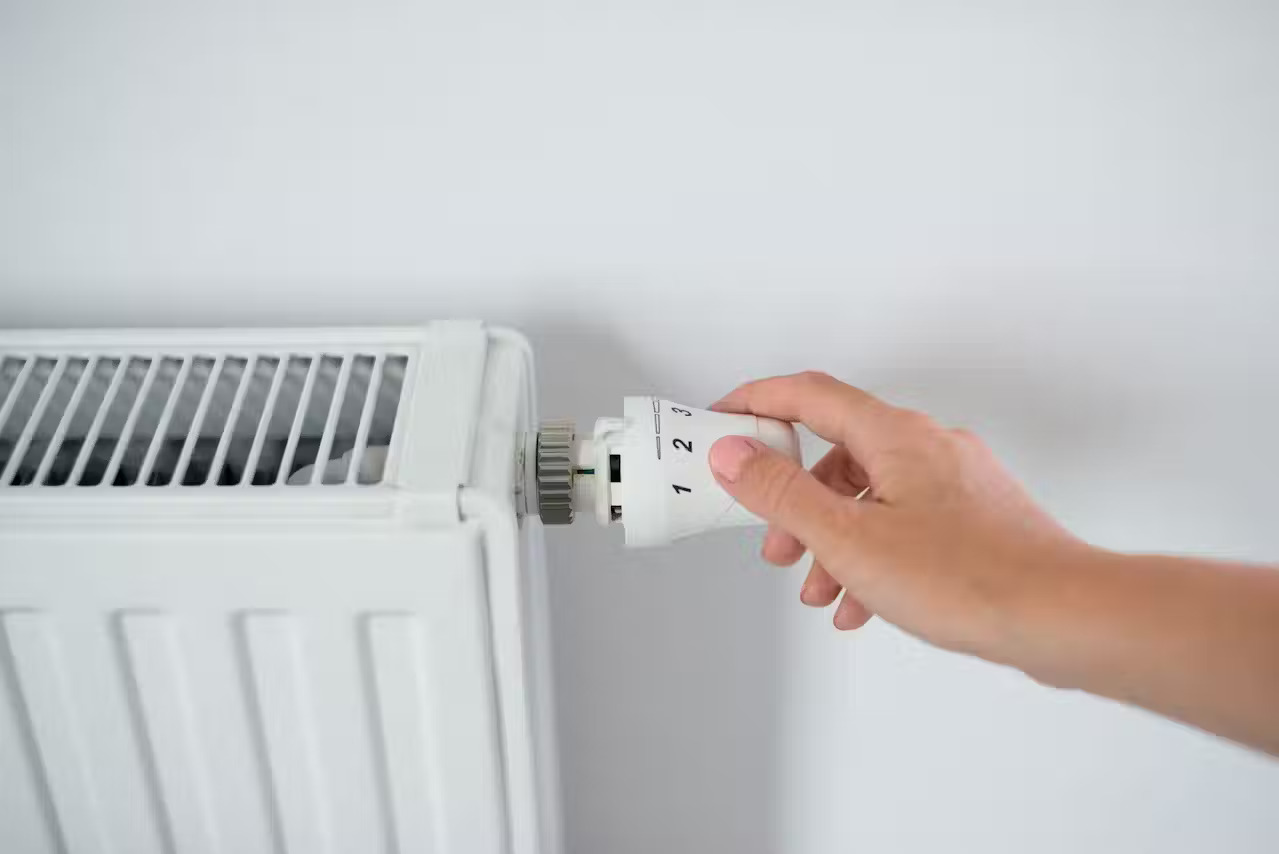
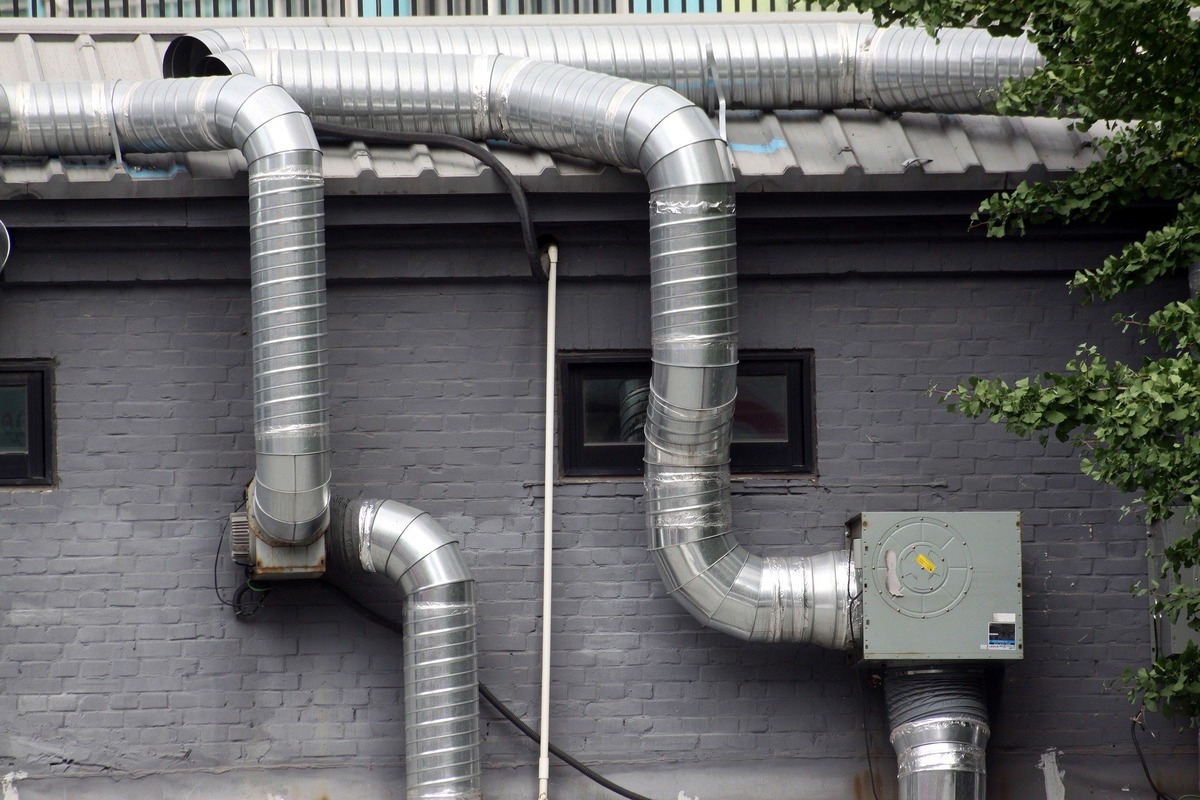
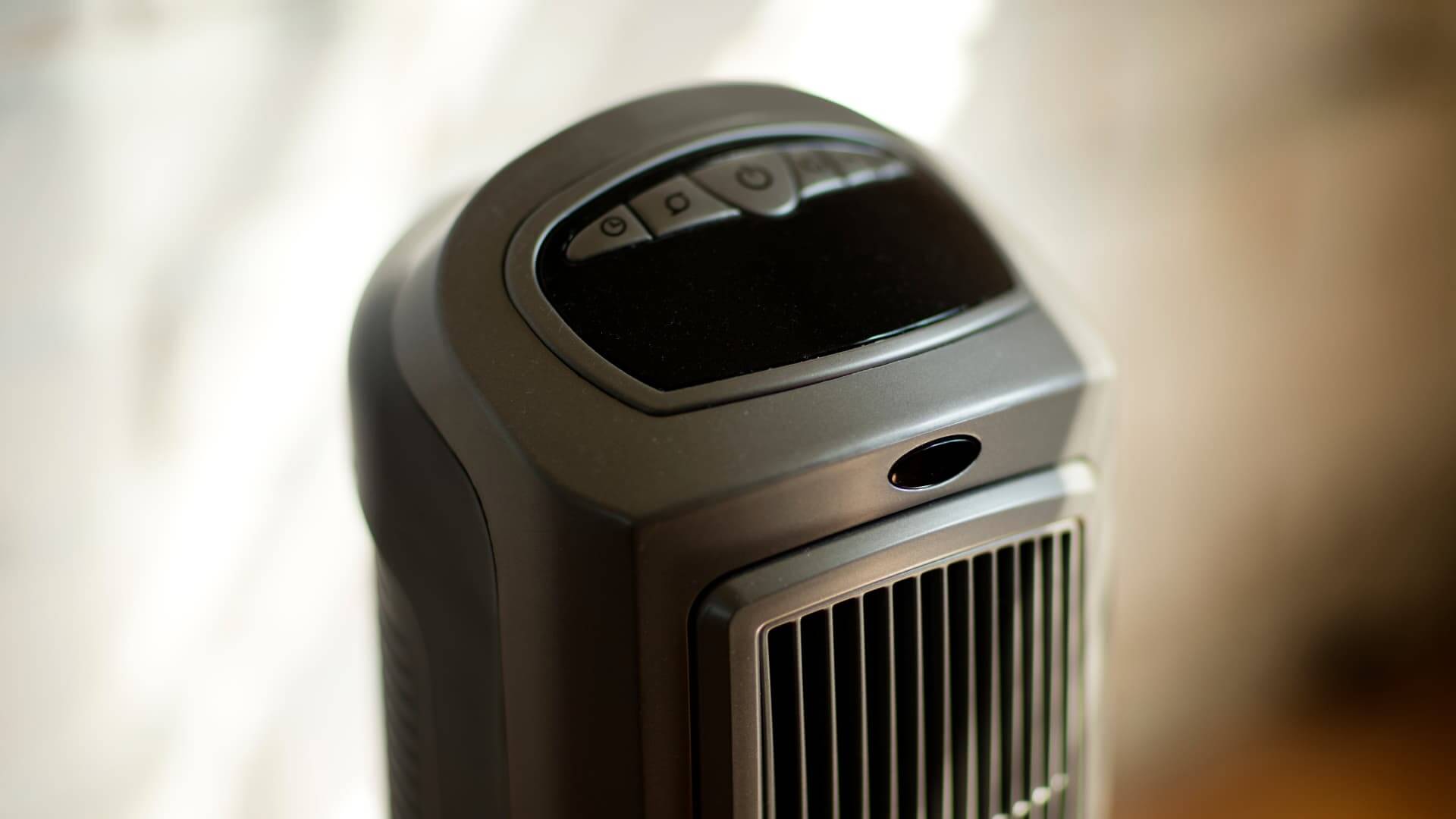
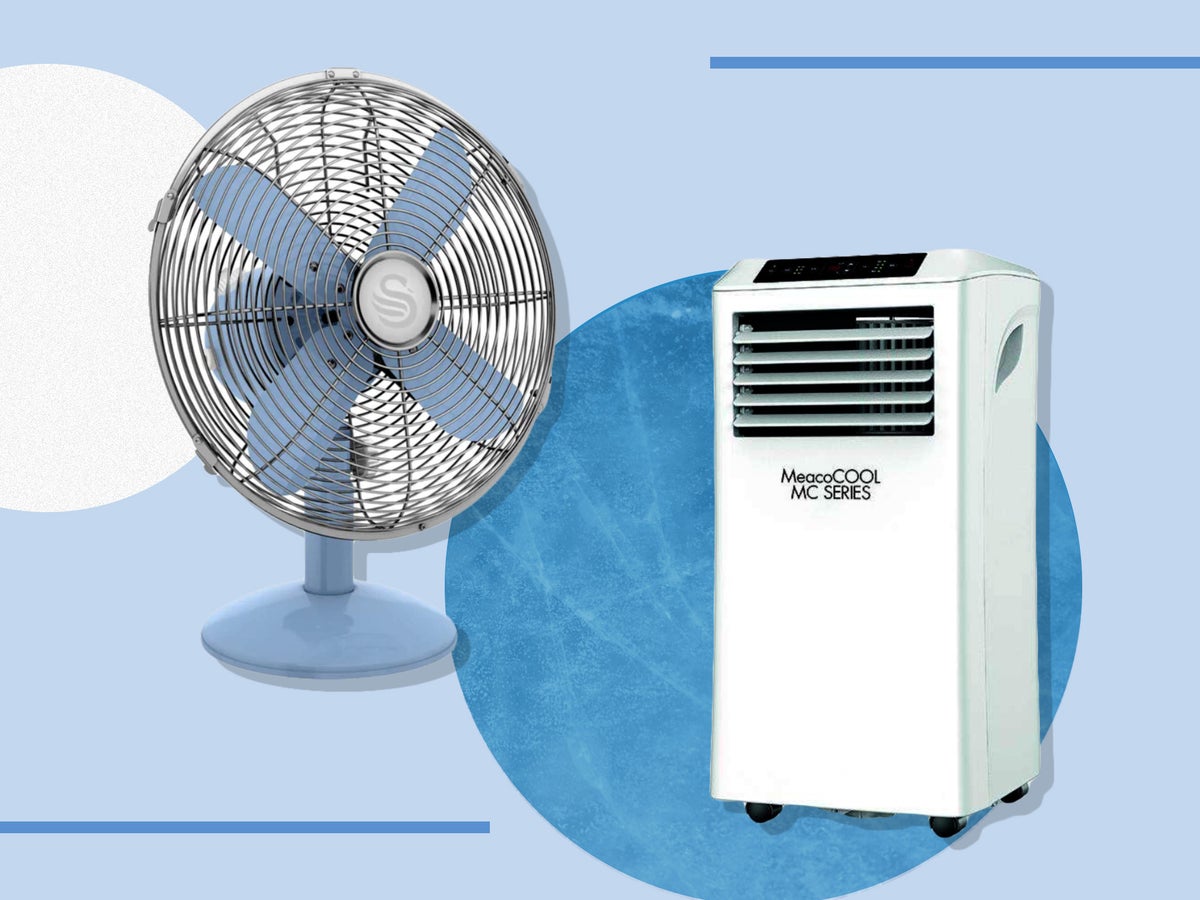
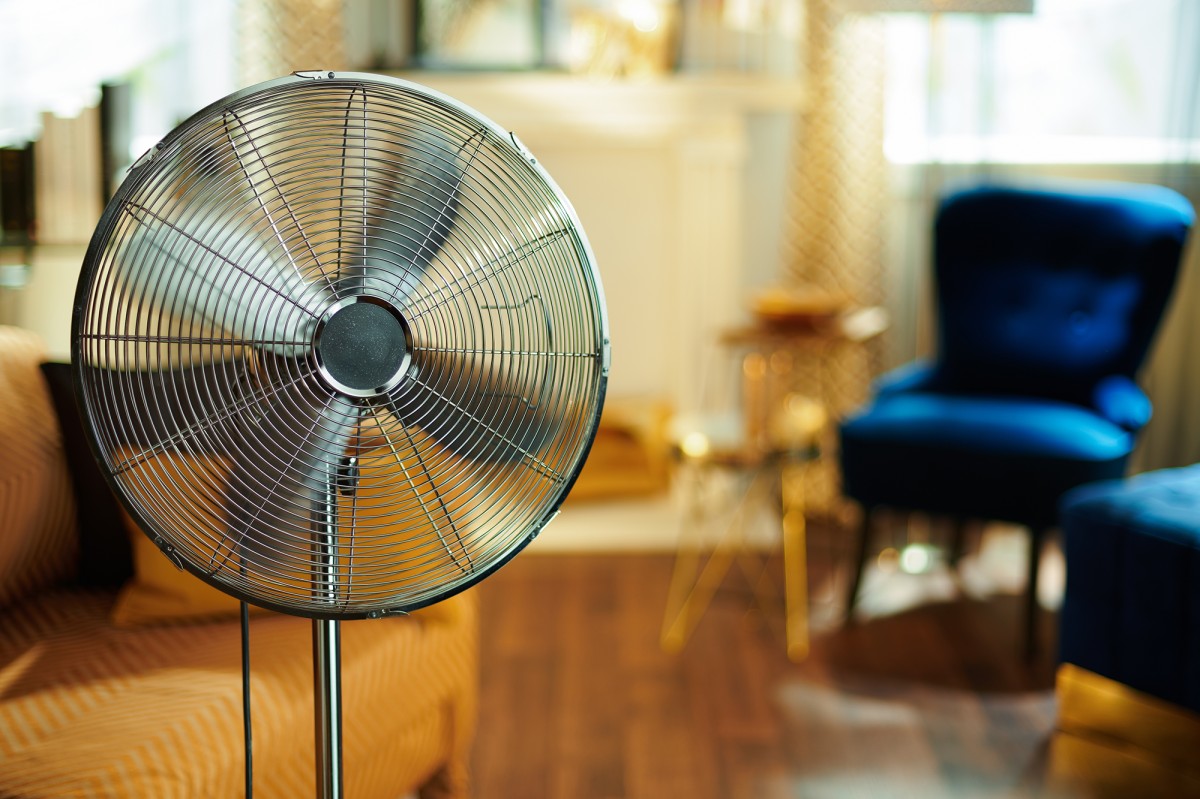
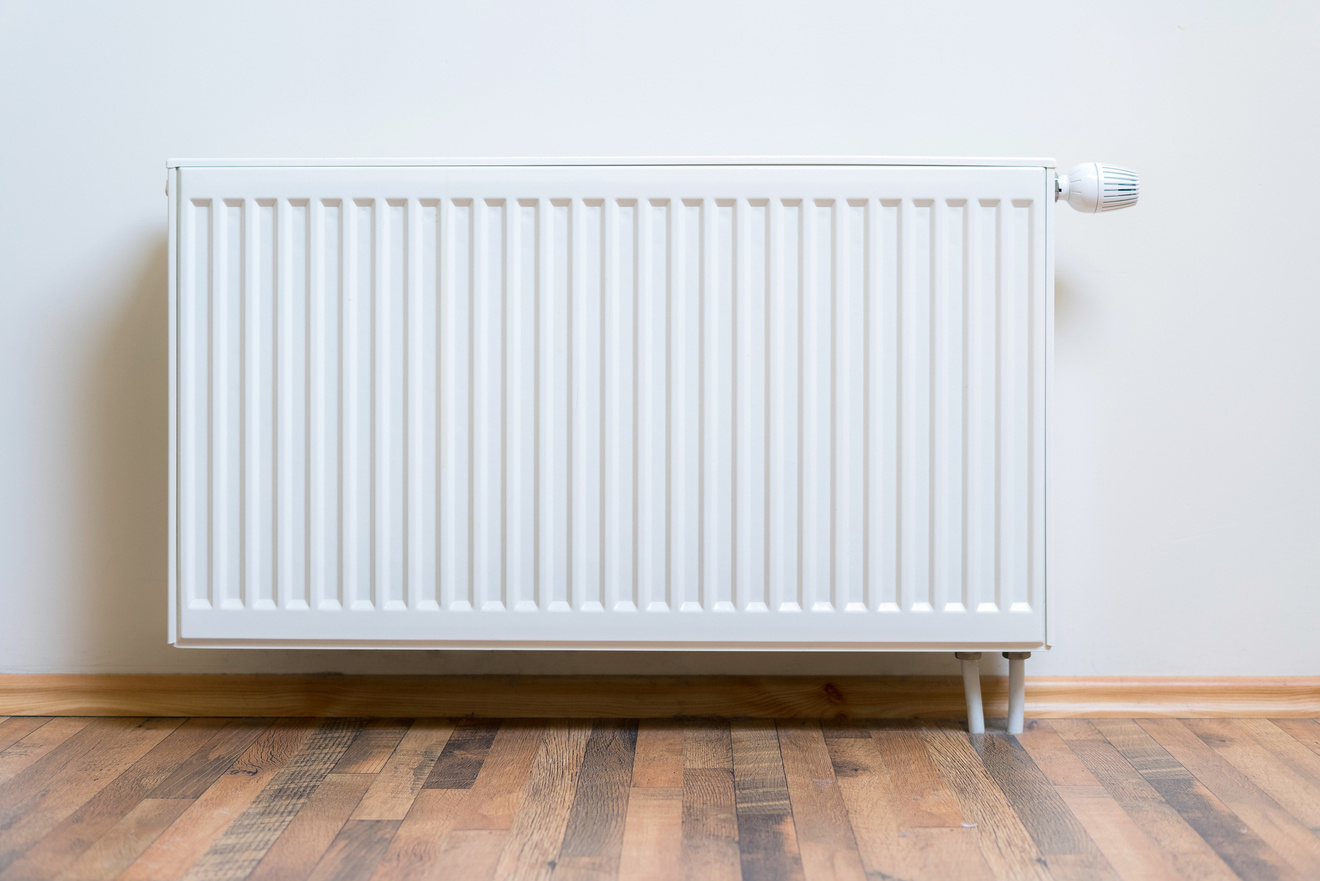

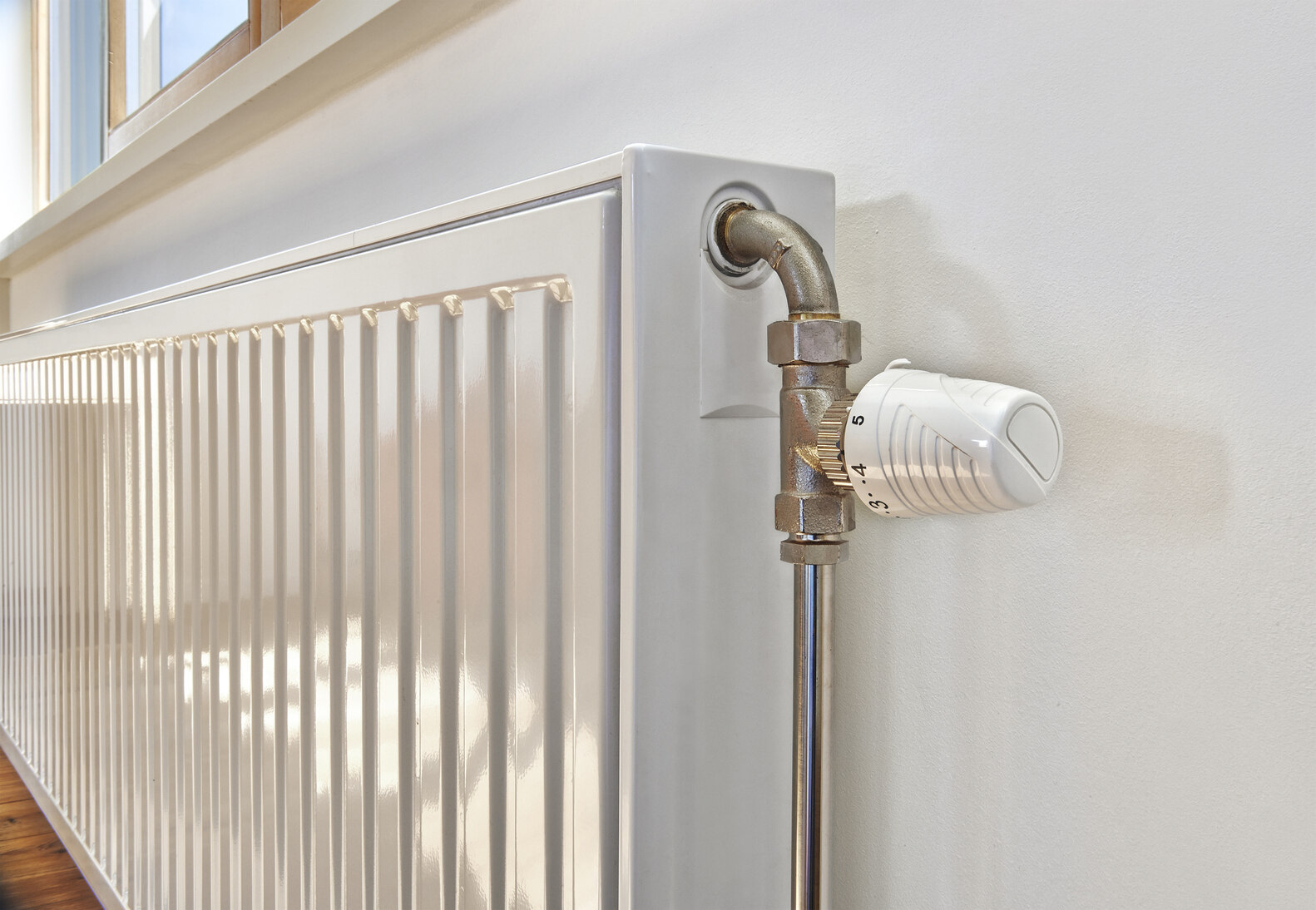

0 thoughts on “What Uses More Electricity: A Space Heater Or Central Heat?”